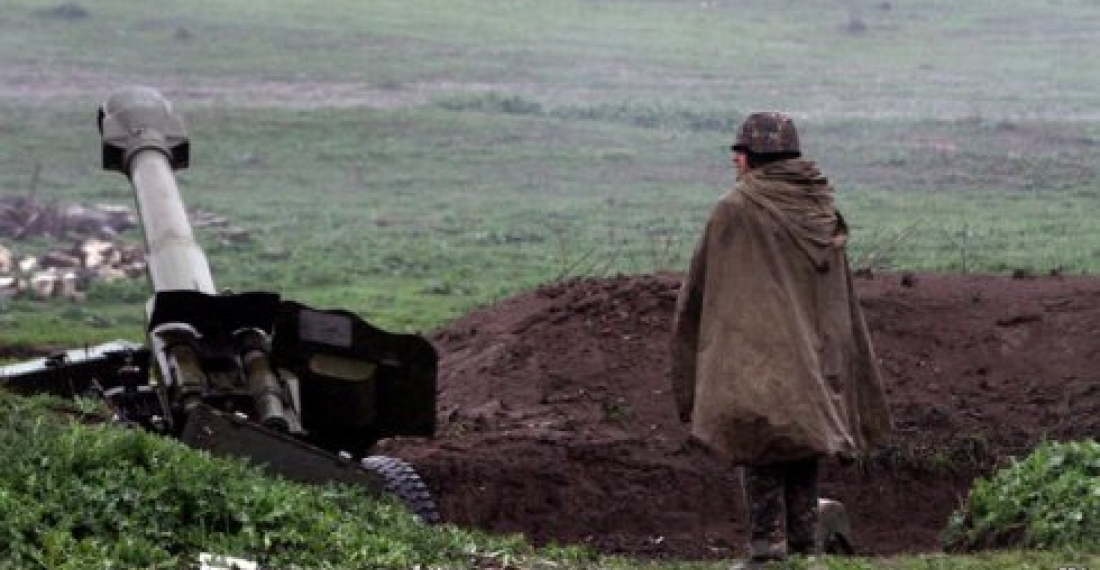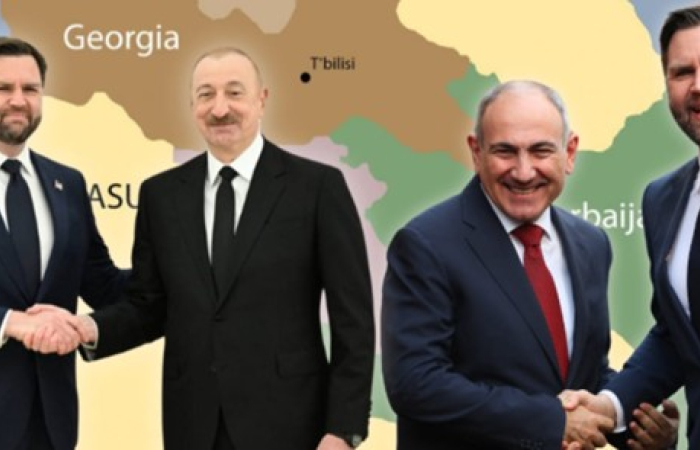A soldier of the State Border Service of Azerbaijan, Jeyhun Bayramov, was wounded as a result of a cease fire violations on Thursday (18 July), according to Azerbaijani sources. The same sources say that Armenian forces opened fire with large caliber weapons from the village of Zorakan in the Novemberyan district of Armenia. The condition of the Azerbaijani soldier is not considered to be life threatening.
Incidents on the international border between Armenia and Azerbaijan are less common than in the Nagorno-Karabakh conflict zone. Last year Armenia replaced some of its military personnel on the international border with Azerbaijan with Ministry of Interior troops, whilst Azerbaijan replaced military personnel by soldiers of the State Border Service, in a move considered positive to lessening tensions between the two sides.
Speaking in an interview with RFE/RL Armenian Service earlier this week, Armenian prime minister Nikol Pashinyan confirmed that the hotline established between the two countries last year was working, but added that on its own it cannot stop casulaties.
source:commonspace.eu with agencies







